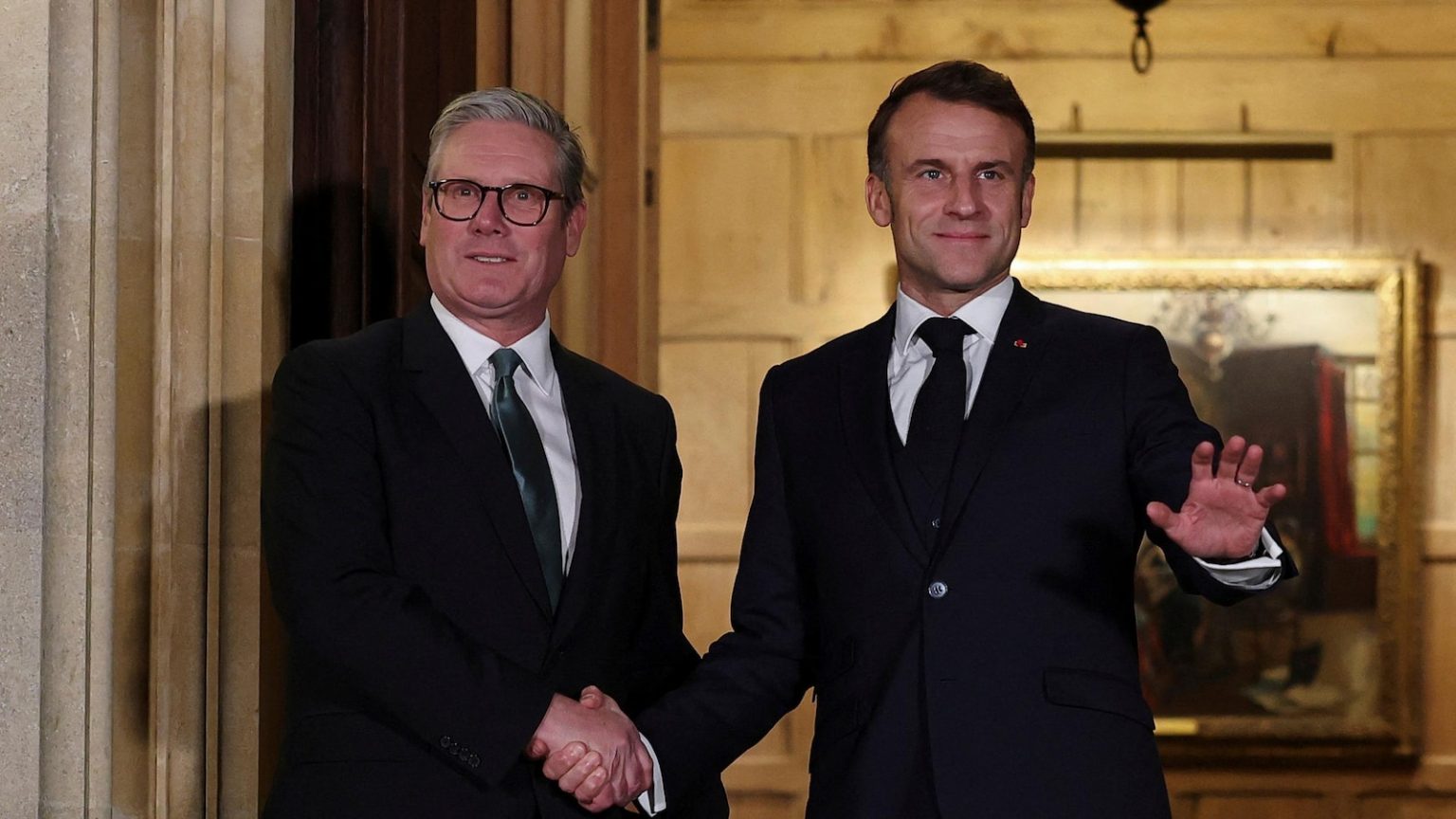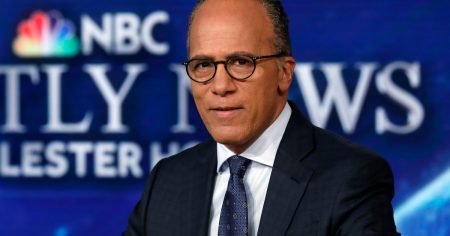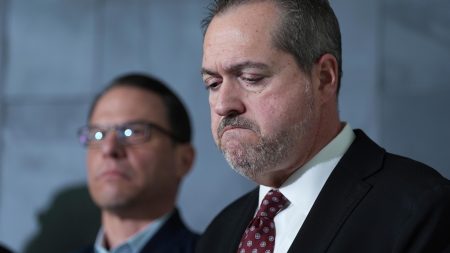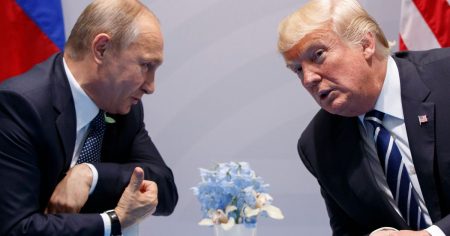The meetings between President Trump, French President Macron, and British Prime Minister Starmer occur amidst significant global tensions, particularly concerning the Russia-Ukraine conflict and shifting transatlantic relations. Trump’s “America First” policy has introduced unpredictability, challenging the traditional US role as a stable global leader. His demands for territories and resources, like rare earth minerals from Ukraine, reflect a strategic focus on US interests, potentially unsettling international alliances.
Trump’s approach to ending the Ukraine war quickly and his criticism of Zelenskyy have strained relations with European allies, who feel sidelined by US-Russia talks excluding them. The US proposal at the UN differs from Ukraine and the EU’s stance, highlighting strategic divisions. Analysts caution against directly confronting Trump, advocating for a nuanced approach to maintain alliance stability.
Macron aims to emphasize the importance of standing firm against Putin to maintain credibility, especially regarding China. However, Trump’s respect for Putin, including wanting Russia to rejoin the G7, raises concerns among diplomats about undermining US and European interests. The minerals deal with Ukraine, while potentially beneficial, faces hesitation due to security concerns, complicating US-Ukraine economic ties.
The overall impact of Trump’s policies on transatlantic trust and future collaborations is uncertain. His disruptive approach risks weakening alliances, with potential repercussions on global security and economic strategies. The perception of US weakness towards Russia might embolden China, adding layers of complexity to international relations.
In summary, these meetings are pivotal for addressing tensions and finding common ground, but their success remains uncertain. The balance between asserting US interests and maintaining international cooperation poses significant challenges, with outcomes likely shaping global dynamics for years to come.















